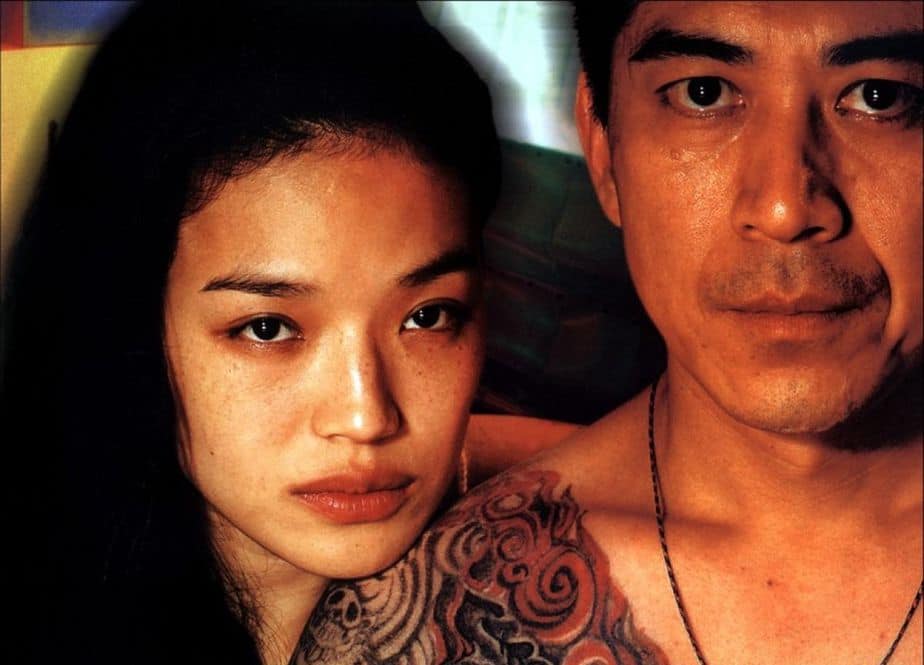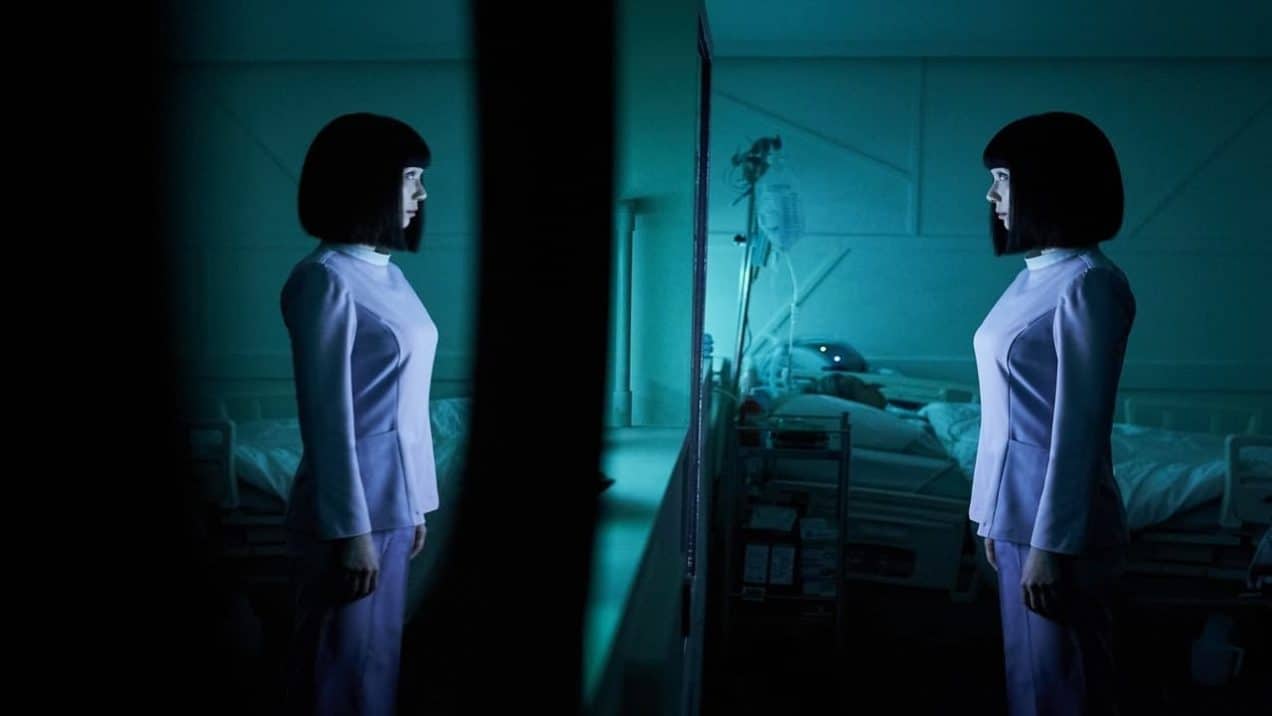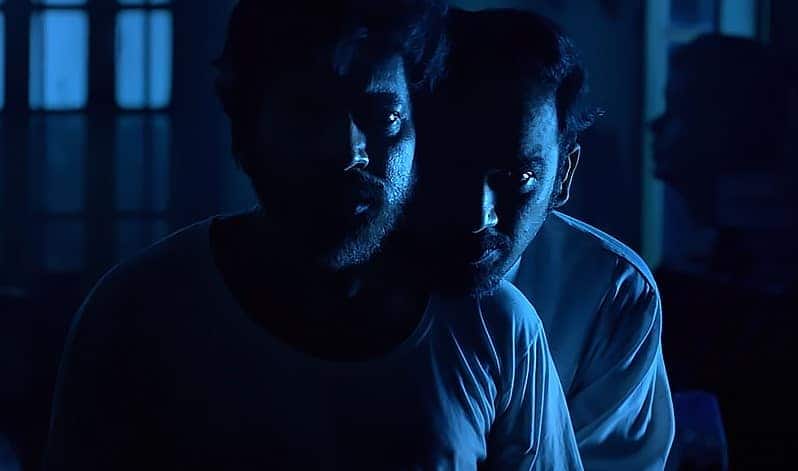Three years after “Flowers of Shanghai”, Hou Hsiao-hsen released “Millennium Mambo”, a film that signaled another change in his themes, as it deals with the life of youths in contemporary Taiwan. “Millenium Mambo” inaugurated his collaborations with Shu Qi, who played the protagonist roles in most of his later works. The film was screened in more film festivals than any of his previous works and was the first to receive distribution in the US, although limited.
A 4K restoration release of “Millennium Mambo” is screening exclusively at Metrograph theater in Manhattan and online on Metrograph At Home.
Vicky has recently moved to Taipei from Keelung and works doing PR in a nightclub. Hao Hao is her jealous boyfriend who checks everything she does, including her bank transactions, her phone calls, and even her body smell. She spends her days working, doing drugs and fighting with Hao Hao, at least when they are not having sex. At some point, Hao Hao starts having trouble with the police. Vicky is frustrated with her life and finds solace in Jack, a charitable gangster and bar owner. She gradually begins to feel comfortable with him while his tendency to offer help to whoever needs it, creates serious trouble for him. Eventually, Vicky visits Yubari in Japan, when Jack has to go and take care of some business there…
Apart from the change in theme, the film is hardly similar to the usual cinematographic style of Hou that includes long and lengthy shots, as it features many close-ups (although the action is not placed on the center of the frame once more) and frequent cuts. In essence, the visual style, along with the pervasive melancholy of the megalopolis and the dissatisfaction inside a romantic relationship, is vividly reminiscent of Wong Kar Wai, a fact that was probably due to the cinematographer of the film, Mark Lee Ping Bin working in “In the Mood for Love”. However, this was not a u-turn, since the aforementioned elements are still depicted through Hou's distinct calmness, despite the fact that the relationship presented here is genuinely exploitative.
Shu Qi's narration, which mostly deals with her own story and actually functions as a way of presenting the parts of the story that are not depicted on screen, work quite well for the narrative, as it induces it with a sense of nostalgia.
And talking about Shu Qi, she gives a wonderful performance, in perfect resonance with the minimalism that characterizes the film, with her presenting her feelings mostly through her body stances and eyes. At the same time, the few moments she lashes out are also impressive. Expectedly, the film revolves also around her beauty, with the camera highlighting her in every chance, in a number of different appearances: plain, casual, posh etc, in all of which, though, she appears gorgeous. Both the camera and the directorial approach to her seem as if they are in love with her, and she seems to enjoy and actually draw from the fact.
“Millennium Mambo” is another great film by a true auteur, and a must watch for all fans of cinema.
















